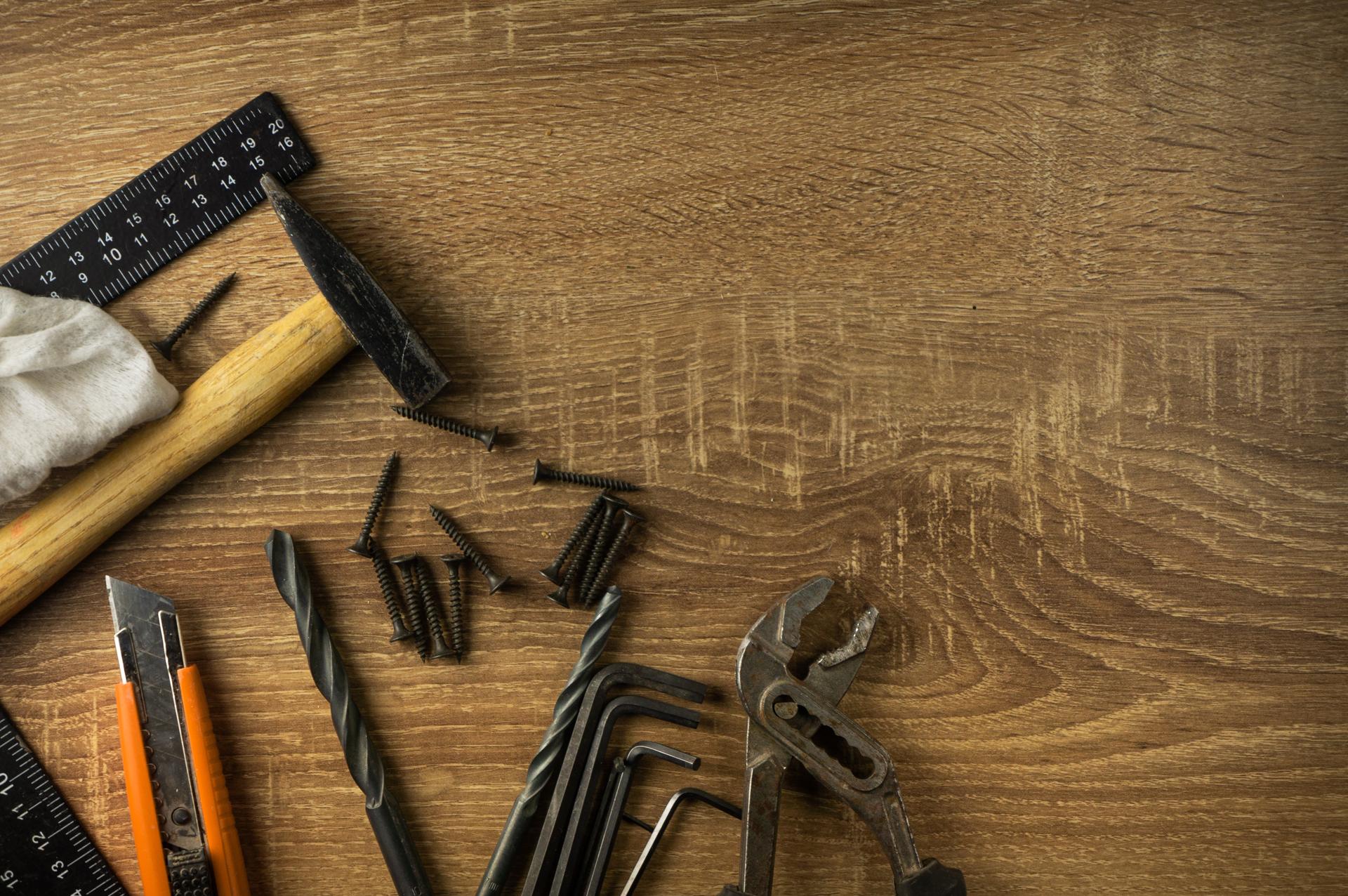How to Tackle Basic Plumbing Problems at Home: A DIY Guide

They are an integral part of every household. Without proper maintenance they could become a source of many problems, leading to inconvenience and costly repairs.
But, there are many advantages to learning to fix minor plumbing issues yourself such as saving money and gaining useful knowledge. This article we will cover common plumbing problems and how to fix them yourself. them.
Common Plumbing Issues
Dripping Faucets
Dripping faucets are not only irritating, they also consume a substantial quantity of water in the course of. The most typical cause of a dripping faucet is a worn-out washer, or an O-ring. To resolve this issue, turn off the supply of water for the faucet. disassemble the handle, and replace the worn-out O-ring or washer.
Running Toilets
A running toilet is another common plumbing issue that can cause water to be wasted. The most typical cause is a faulty flapper valve that’s not sealing properly, allowing water flow from the tank into the bowl. To resolve this issue shut off water to your toilet. Then, take off the tank lid, and change or adjust the flapper valve.
Clogged Drains
The cause of blocked drains is by various things such as hair, soap, and food particles. To get rid of this problem you could try using the plunger or drain snake to get rid of the clog. Alternatively, you can make a mix of baking soda and vinegar to dissolve the clog.
Low Water Pressure
Low pressure water in the pipes is often caused by a number of causes, including mineral buildup in pipes or a malfunctioning pressure regulator. To resolve this issue try cleaning the aerator or replacing pressure regulator.
Tools Required for DIY Plumbing
To carry out DIY plumbing, you’ll require a few tools such as a plunger, adjustable wrench pipe wrench, Teflon tape, and screwdriver. Having these tools on hand will help you repair minor plumbing problems.
Tips to be Safe when doing your own plumbing
Safety should always be the top priority whenever you are performing any DIY plumbing repairs. Some safety tips to keep in mind include shutting off the water supply prior to beginning any repair, wearing safety glasses and gloves and having a first aid kit in case in the event of an emergency.
DIY Plumbing Techniques
For fixing common plumbing problems for common plumbing issues, you’ll need to learn a few DIY plumbing techniques such as how to turn off water flow, how to repair a leaky faucet or a running toilet and how to clear the drain, and ways to increase the pressure in your water. These tips can help you save time and money when it comes to minor plumbing repairs.
Conclusion
Learning how to fix minor plumbing problems yourself can be beneficial in numerous ways. It’s not just a way to save you cash, it will provide you with satisfaction and valuable skills. For more serious plumbing issues, it’s always better to consult a professional plumber.
FAQ
Can I fix a plumbing problem myself?
Yes, you are able to fix minor plumbing problems yourself by learning some basic plumbing tips for DIY.
Which are the top frequently encountered plumbing problems?
The most common plumbing problems include dripping taps and toilets that run, blocked drains, and low pressure water.
What tools will I require for DIY plumbing?
You will need a few essential tools such as the plunger, an adjustable wrench, pipe wrench, Teflon tape, and an screwdriver.
Is DIY plumbing safe?
DIY plumbing is safe if you follow safety guidelines and take appropriate steps.
When should I contact a professional plumber?
You should contact a licensed plumber to address plumbing issues that require special equipment and expertise.
